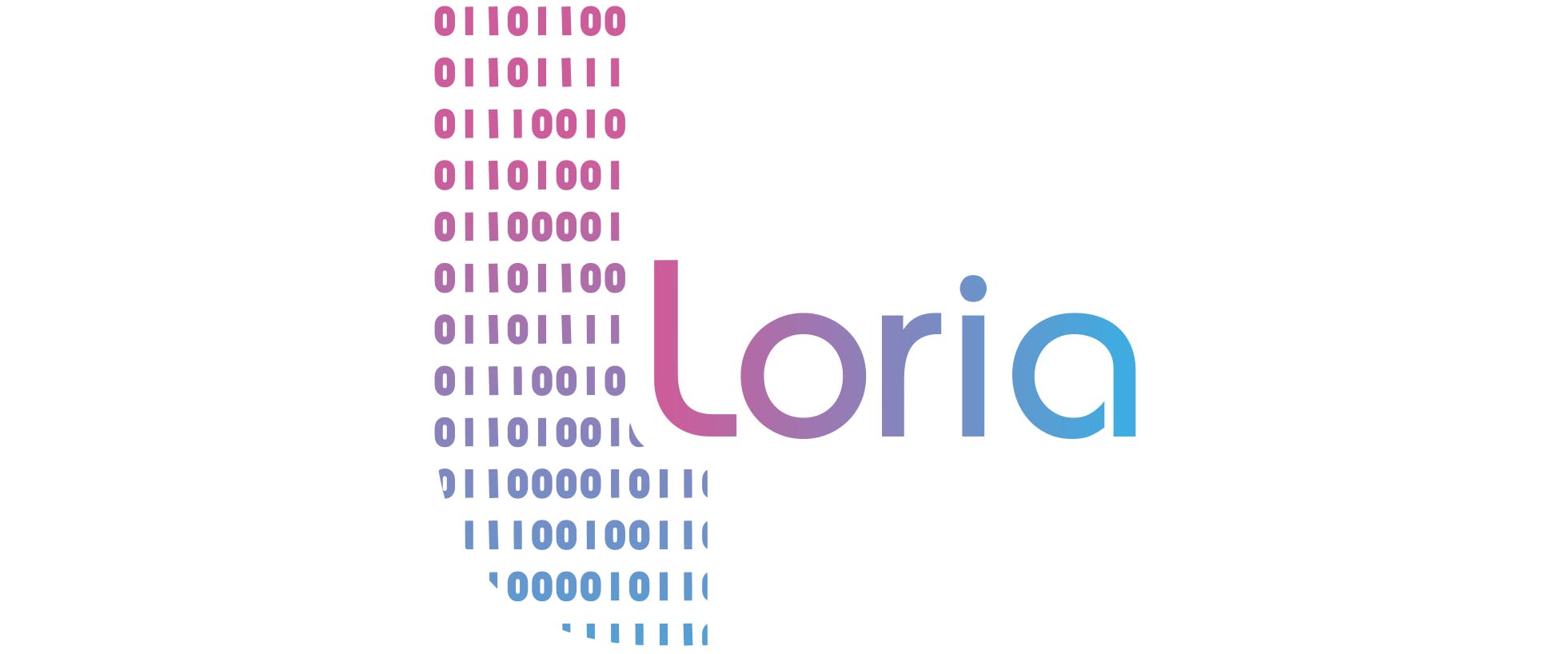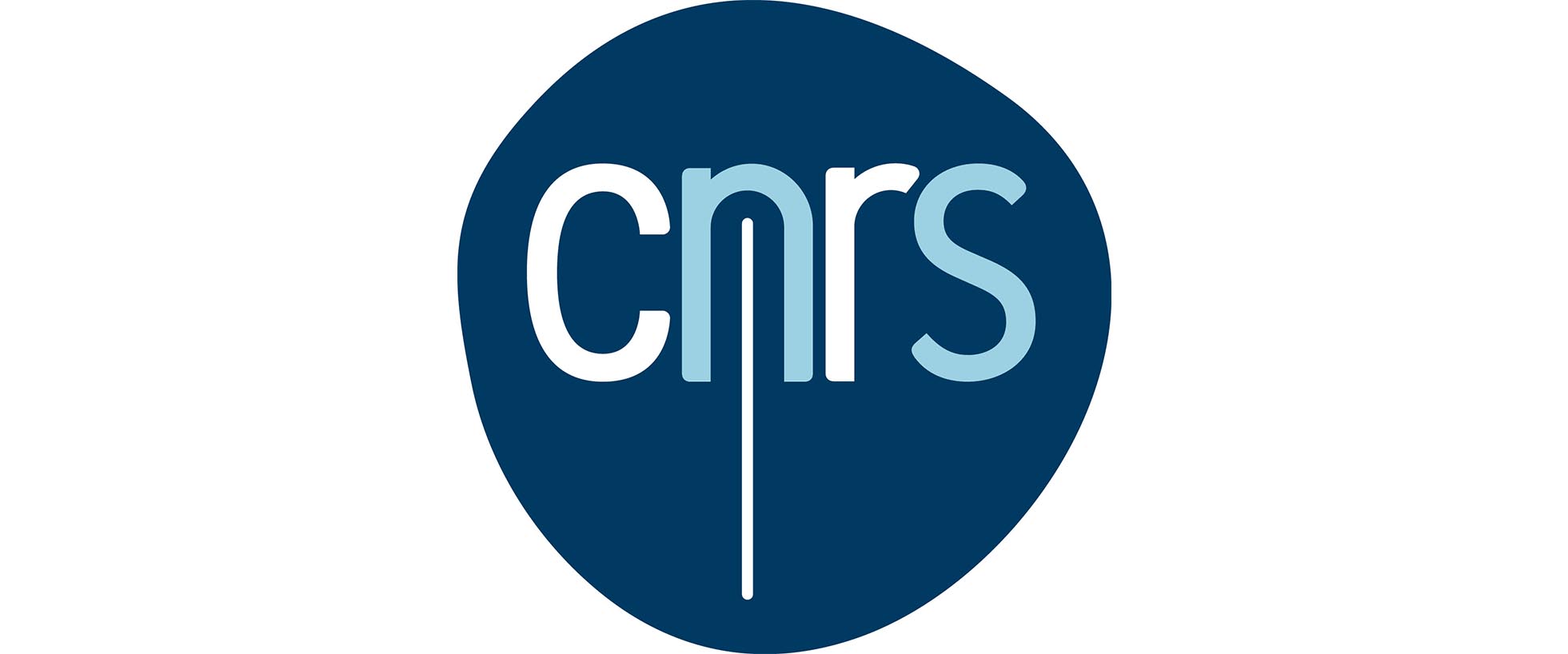Since it was started in Hiroshima, Japan in 1997, ICFEM has provided a forum for both researchers and practitioners to discuss and exchange their experience and results in research on theories, methods, languages, and supporting tools for integrating formal methods into conventional software engineering technologies to provide more effective and efficient approaches to large-scale software engineering. The goal of this conference is to bring together industrial, academic, and government experts in both formal methods and software engineering to help advance the state of the art.
At its first return to Hiroshima since 1997, ICFEM 2024 will celebrate the 25th anniversary of the ICFEM conference series. Researchers, practitioners, tool developers, and users are all welcome to submit papers and participate in the conference. We look forward to your contributions and participation.



